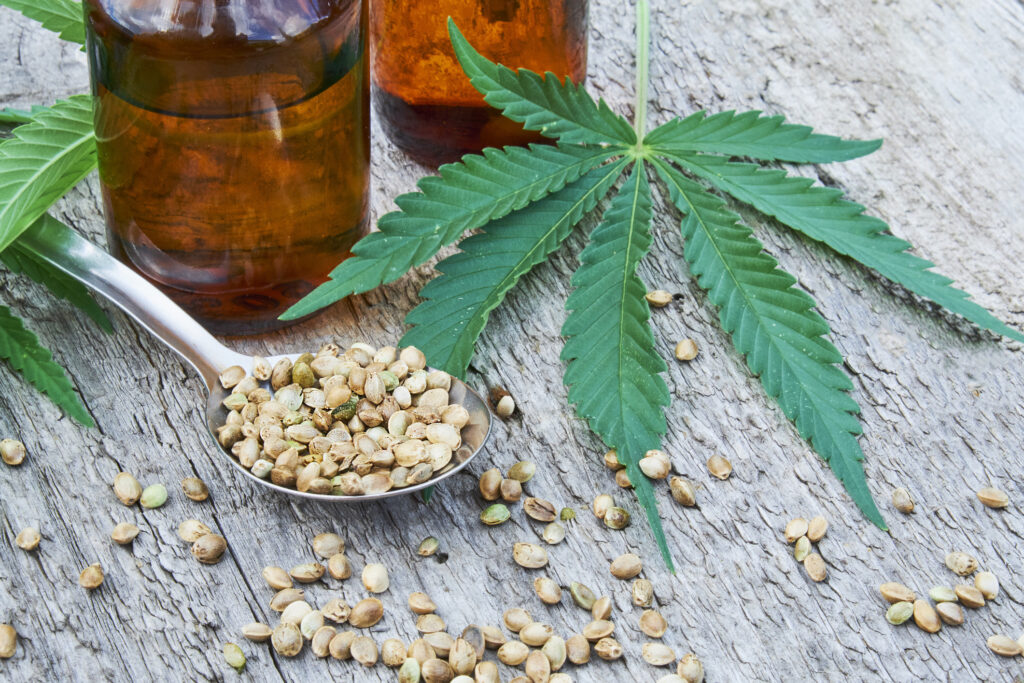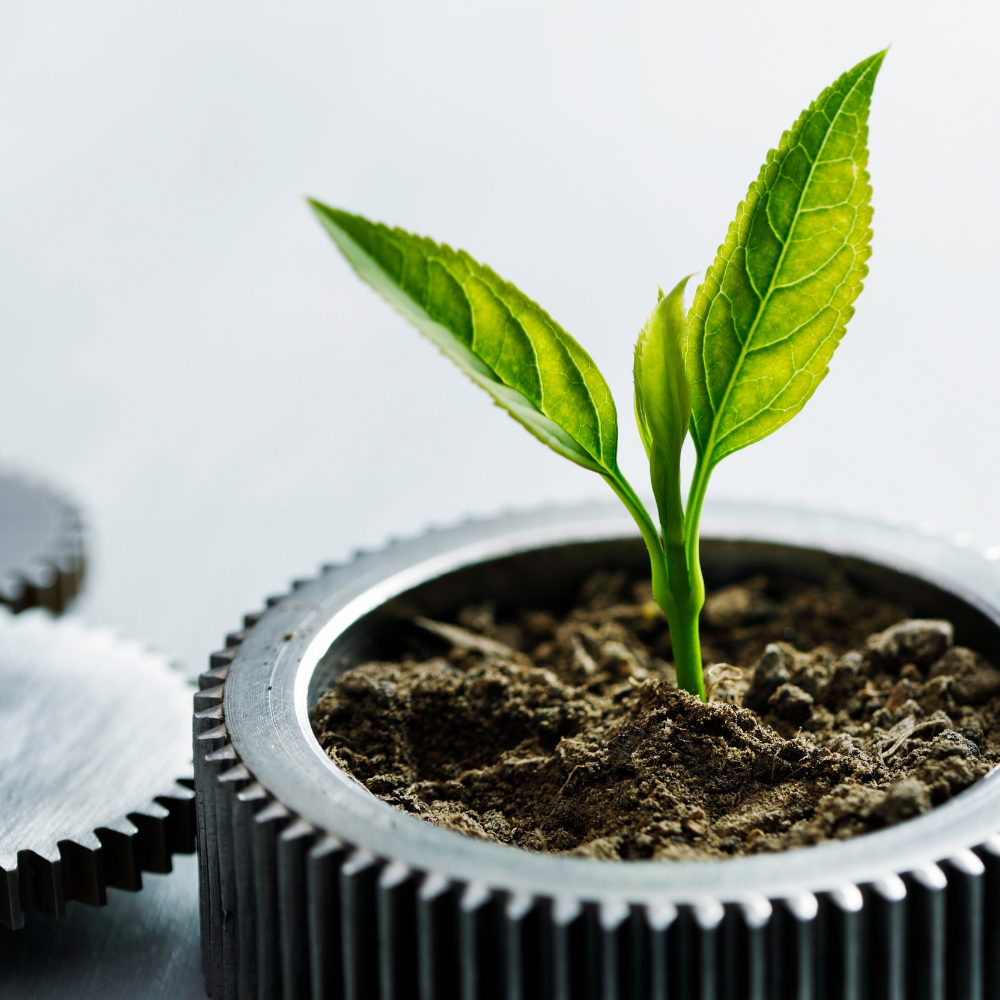Biodiversity is the variety of life on Earth. It includes all the plants, animals and other organisms that live in a particular area. It can also refer to the variation in genes within one species or population.
It is the foundation of natural systems
Biodiversity is the variety of life on earth. It includes all living things, from microbes to people and everything in between. It also includes the genes, species and ecosystems that support life on Earth. It underpins human survival, as well as other life on this planet – our air, water, food supplies and medicines all come from biodiversity at some point in their journey from the source to us.
It is essential for our immediate well-being too – without it we wouldn’t have fresh air or drinkable water; nor would we have healthy food or clothing available at affordable prices. We rely every day on nature’s services like pollination by bees that help produce half our food supply; pest control provided by birds eating insects; carbon sequestration by trees absorbing CO2 emissions…the list goes on!

It also underpins our economy
For instance, natural pollinators are worth $125 billion to agricultural crops worldwide. The decline of pollinators is a serious threat to our food supply. Pollinators are essential to the food supply: one in three mouthfuls we eat depends on them.
In addition to being essential for crop production, it is also important for human health and well-being. For example, genetic diversity can help protect against disease by increasing the ability of populations to adapt quickly as conditions change or new parasites arise; healthy ecosystems can produce chemicals that have medicinal effects; and diverse landscapes buffer against climate change by storing carbon dioxide in trees and soil.
Biological diversity also helps us be resilient in the face of climate change.
Biodiversity is a cornerstone of life on Earth. It’s how we get our food, clothing and shelter.
In addition to providing resources, it also helps us be resilient in the face of climate change. Because different species have different responses to environmental stressors, diverse ecosystems are more likely to survive.

A biodiversity-rich environment is also essential for human health and well-being.
It is also essential for human health, well-being and prosperity; it provides us with resources that we need to survive, like food, air and water.
- Protecting biodiversity means preserving or restoring natural habitats so plants and animals can thrive where they belong.
Earth’s biodiversity is declining at an alarming rate as a result of human activities.
The loss of plants and animals has ripple effects not just on our environment but also on human society.
Biodiversity is the variety of life forms within a given ecosystem. Its loss has serious implications for the environment and human society.
The decline of it will affects us all. Plants, animals and microorganisms are essential to our survival: they provide us with food, clean water, medicine and materials for clothing and shelter. But many species are in danger of extinction due to human activities such as deforestation, overfishing and pollution—and if we don’t take action now, these losses will continue to ripple through ecosystems worldwide until they reach you!
Biodiversity provides important services that help protect against disease outbreaks by controlling pests such as mosquitoes that carry diseases such as malaria or dengue fever; it also helps maintain freshwater supplies by filtering out pollutants before they reach groundwater sources (like wells) or rivers upstream.

It is important because it provides us with resources we need to survive, like food and air.
Protecting it means preserving or restoring natural habitats so plants and animals can thrive where they belong.
The loss of it has ripple effects on human society. As species disappear, the services provided by nature are less reliable—things like pollination, seed dispersal, and nutrient cycling become compromised as populations dwindle. This makes it harder for all living things to thrive—humans included!
It provides us with essential resources and helps us adapt to climate change. Yet today, species around the world are disappearing at an alarming rate as a result of human activities. By taking action to protect biodiversity, we can ensure that our environment remains healthy and productive for generations to come!



